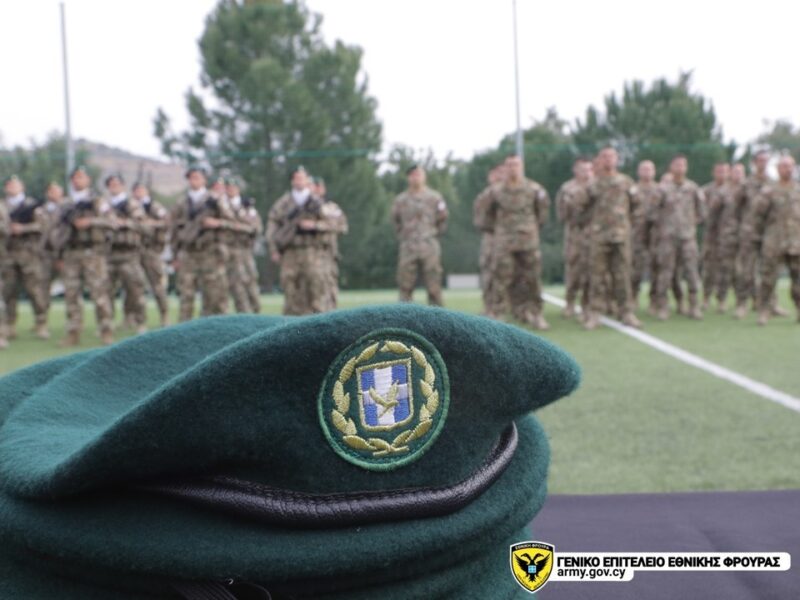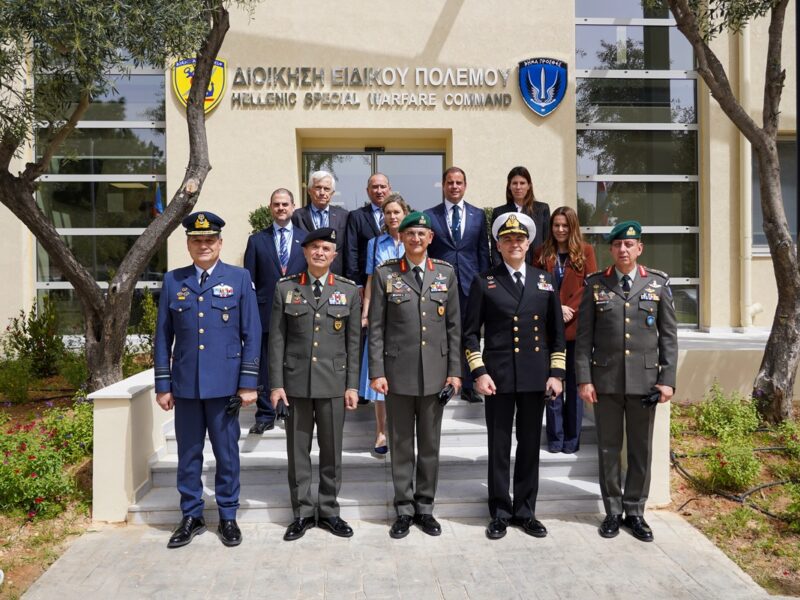For nearly two decades, under the volatile leadership of current authoritarian President Recep Tayyip Erdogan, Turkey has been an unreliable ally, often working directly against US and NATO interests
The US should not provide Turkey with new F-16 fighter jets. For nearly two decades, under the volatile leadership of current authoritarian President Recep Tayyip Erdogan, Turkey has been an unreliable ally, often working directly against US and NATO interests, the Washington Kurdish Institute reports.
Turkey in the role of “shepherd whose sheep are eaten by the wolf” in relation to the supposedly huge deposits of rare earths and the West
With six compelling arguments, the Kurdish Institute in Washington attempts to open the eyes of the US administration to the sale of new F-16 fighters to Turkey:
For years, Turkey has been carrying out unprovoked attacks against the Syrian Kurds, the US and Europe’s most reliable ally in the country fighting the so-called Islamic State (ISIS) and other jihadist groups since 2014. Currently, Turkey has declared its intention to launch a new large-scale invasion of areas controlled by the Syrian Kurds and their allies, which would be the third such invasion of these relatively peaceful areas of Syria by the Turkish Armed Forces.
When ISIS posed a major threat to global security, the US-led global coalition trained and equipped the Kurdish-led Syrian Democratic Forces (SDF) to stop the genocidal terrorist group as it expanded across Syria and beyond. from her. Since the defeat of ISIS as a territory-holding entity in 2019, the US has continued to work with the SDF on a daily basis to eliminate the remaining terrorist cells of ISIS, which continue to pose a security threat. At the same time, the US and European nations are working with the United Nations (UN) to stabilize the country, which has suffered greatly after more than a decade of war.
Turkey’s unprovoked campaigns of military aggression against the Syrian Kurds have already done much damage to the US-led war against ISIS and Erdogan’s plans to invade and seize more land in Syria, backed by F-16 fighter jets, drones and other modern military equipment, will throw ISIS a lifeline and give them a chance to regroup in Syria. Such an invasion would fan the flames of bloodshed in Syria and exacerbate an already devastating refugee crisis, while strengthening the positions of both Russia and Iran in the country.
Turkey was never part of the US-led Global Coalition to Defeat ISIS. He hindered US efforts by blocking US use of Incirlik Air Base for months in 2014 when ISIS was at its strongest. In fact, there is ample evidence of Turkish support for ISIS, and Turkey has long recruited former ISIS members for its Syrian militias, which are made up of al-Qaeda offshoots and other jihadist groups. These Turkish-backed militias have committed atrocities against Syrians, mainly Kurds, which have been well documented by the US government.
Many US officials, including military commanders, have repeatedly warned of the devastating consequences of a Turkish invasion of Syria, including more mass displacement, similar to previous Turkish invasions of nearby areas. Additionally, an invasion could give thousands of ISIS prisoners in SDF prisons a chance to escape. Moreover, such an invasion may force the SDF to work with the Assad regime as well as its main allies, Russia and Iran, as a last resort to protect millions of Kurds, Arabs and Christians living in the region. During Turkey’s previous incursions into Syria in 2018 and 2019, the Turkish Armed Forces relied heavily on their F-16 fighter jets, indiscriminately using air power to kill civilians along with over a thousand SDF fighters, the heroes of the war against ISIS who were trained and equipped by US taxpayers.
In 2020, Turkey supported the dictatorial regime of Azerbaijan in its aggression against Armenians in Nagorno-Karabakh. Turkey’s air support, which includes F-16 fighter jets and drones, directly led to hundreds of Armenian casualties and displaced thousands. The sale of additional F-16s will further empower Erdogan, providing him with ample resources to support additional military offensive campaigns against the Nagorno-Karabakh Armenians.
Turkish President Erdogan and other Turkish officials have repeatedly threatened and provoked Greece, especially in the Eastern Mediterranean, and even discussed challenging Greek sovereignty over certain Greek islands. At the same time, Erdogan is expected to visit northern Cyprus, which has been occupied by Turkey for almost 5 decades, and there is speculation that he may even announce a formal annexation of these areas.
Since the Turkish invasion of Cyprus in 1974, the island has been divided, with the internationally recognized government of the Republic of Cyprus, a member state of the European Union, having no control over the northern part of the island, and only Turkey recognizing what is called Turkish Republic of Northern Cyprus.
In 2020, Turkey nearly sparked a war with Greece following aggressive actions in the Eastern Mediterranean, and tensions remain high between the two countries as Turkey continues its bellicose approach. The sale of F-16s to Turkey would put Greece, a trusted NATO member, at greater risk, and also raise the prospect of a new war and displacement in Cyprus, also a close US ally.
Under the guise of fighting the Kurdistan Workers’ Party (PKK), Turkey has seized a large area of land inside Iraqi Kurdistan, continuously expanding its zone of action in the region. To date, Turkey has established more than forty military bases and positions in Iraq scattered in at least three provinces.
In addition to expanding its long-term military presence in the country and maintaining a significant intelligence presence, Turkey periodically uses warplanes and drones to strike areas of the country, killing and displacing Kurds, Arabs, Christians and others, and has recently focus on using its air power to target the Yazidi community, which is still working to recover from the recent genocide at the hands of ISIS.
The Turkish intervention in Iraq has undermined the sovereignty of Iraq and the Kurdistan region, destabilizing the already fragile situation in the country. The Turkish offensive against Iraqi Kurdistan and its occupation of areas across the country has resulted in dozens of civilian deaths.
For years, Turkey and Iran have been close trading partners, with purported US ally Turkey helping Iran circumvent US sanctions in a number of ways, including trading billions of dollars in gold.
The Justice Department charged Turkey’s state bank “with fraud, money laundering and sanctions offenses related to the bank’s involvement in a multibillion-dollar scheme to evade US sanctions on Iran.”
Such activities have not been limited to Iran. In 2019, Turkey began trading gold with Venezuela, supporting its dictator Nicolas Maduro, an enemy of the US. For now, Turkey and Venezuela publicly aim to take their cooperation to the “next level”.
For years, Turkey has worked against leading Arab states such as Egypt, the United Arab Emirates, Saudi Arabia and Bahrain. However, following the recent deterioration of Turkey’s economy, Erdogan has made efforts to mend diplomatic relations with these countries.
However, under Erdogan, Turkey remains the main host and protector of Hamas and radical Muslim Brotherhood groups and individuals hostile to the leadership of those countries.


